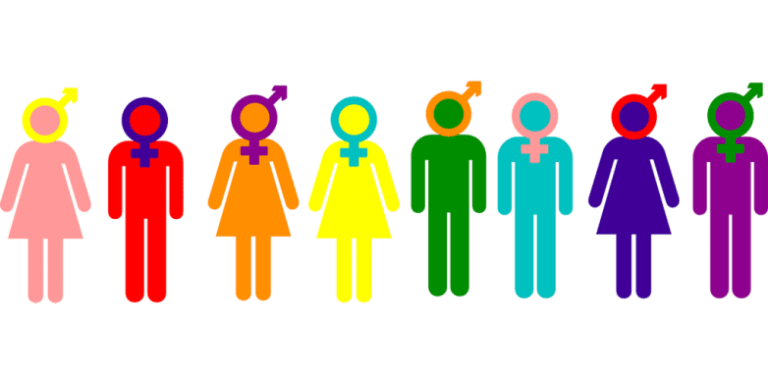 Add to the panoply of sexual preferences, orientations, and identities a new term, one that may become the most widely applicable of them all: Digisexuals. Those whose sexual desires are all satisfied by digital technology. (There is another applicable sense of “digital” that I will pass over here.)
Add to the panoply of sexual preferences, orientations, and identities a new term, one that may become the most widely applicable of them all: Digisexuals. Those whose sexual desires are all satisfied by digital technology. (There is another applicable sense of “digital” that I will pass over here.)
The term was actually coined to refer to attachment to the new sex robots. I propose that it also be extended to internet pornography. There are men who do not want a relationship with an actual woman (or man). Their “sexual preference” is pornography. And if sexual desires constitute a person’s “identity”–which I reject, but that’s another post–we might as well add to our list of sexual diversity the category of “digisexuality.”
Here is an article on the phenomenon from the Sun, a British tabloid: Sex robot craze sparks rise of ‘digisexuals’ where randy men will ONLY sleep with dolls, experts warn. [Caution: The story is illustrated with suggestive photos of sex robots.]
The article quotes ethicists Neil McArthur and Markie Twist of the University of Manitoba, who seem to have coined the term.
Significant numbers of people will likely come to use robots as their primary mode of sexual experience. . . .Many people will find that their experiences with this technology become integral to their sexual identity and some will prefer them to direct sexual interactions with humans.
We must be tolerant of digisexuals. They should have the right to marry, although I’m not sure what that would entail. There must be no discrimination against digisexuals. We need to pass laws protecting digisexual rights. (Down with anti-pornography rules on library and other public computers! Down with internet filters on family and school computers that prevent young people from fulfilling their sexual identity! What other laws and cultural adjustments do digisexuals need?)
Illustration by CCO Public Domain (https://pixabay.com/p-149577/?no_redirect) [CC BY-SA 4.0 (https://creativecommons.org/licenses/by-sa/4.0)], via Wikimedia Commons
 Add to the panoply of sexual preferences, orientations, and identities a new term, one that may become the most widely applicable of them all: Digisexuals. Those whose sexual desires are all satisfied by digital technology. (There is another applicable sense of “digital” that I will pass over here.)
Add to the panoply of sexual preferences, orientations, and identities a new term, one that may become the most widely applicable of them all: Digisexuals. Those whose sexual desires are all satisfied by digital technology. (There is another applicable sense of “digital” that I will pass over here.)












